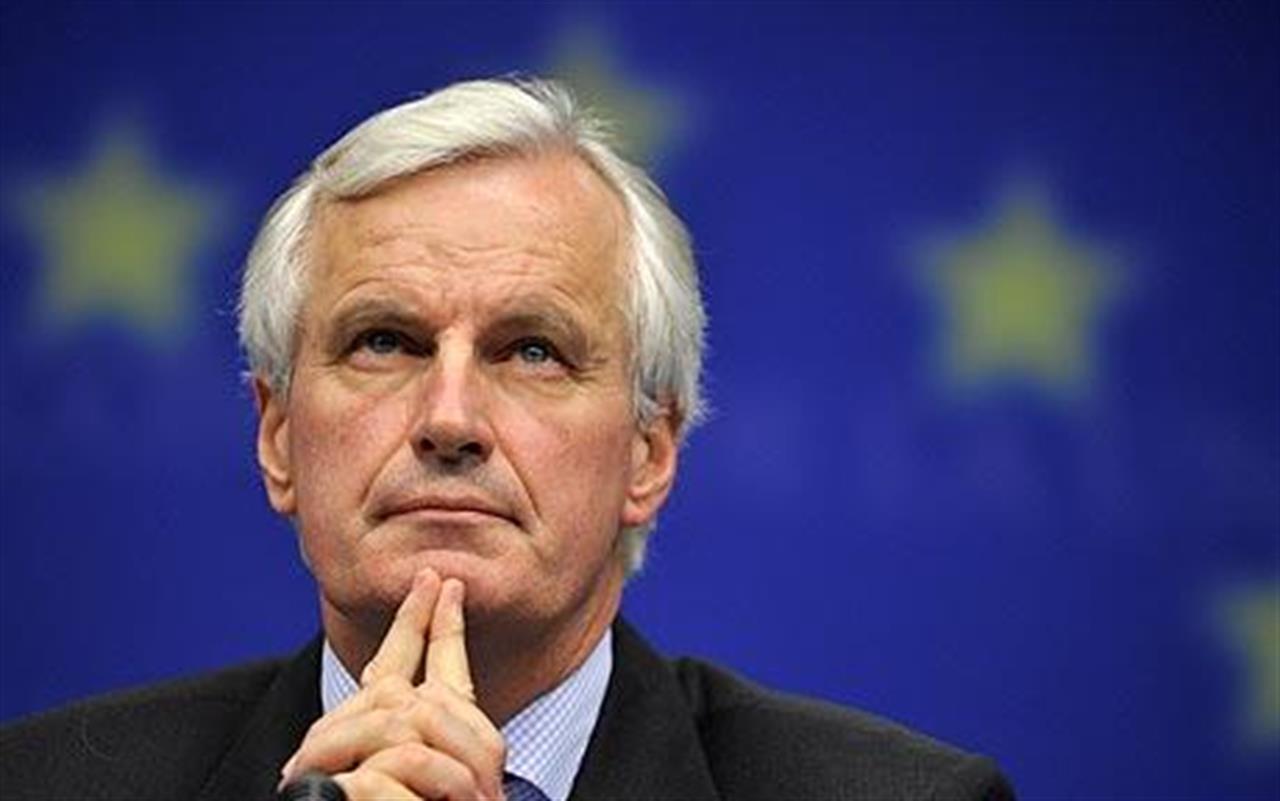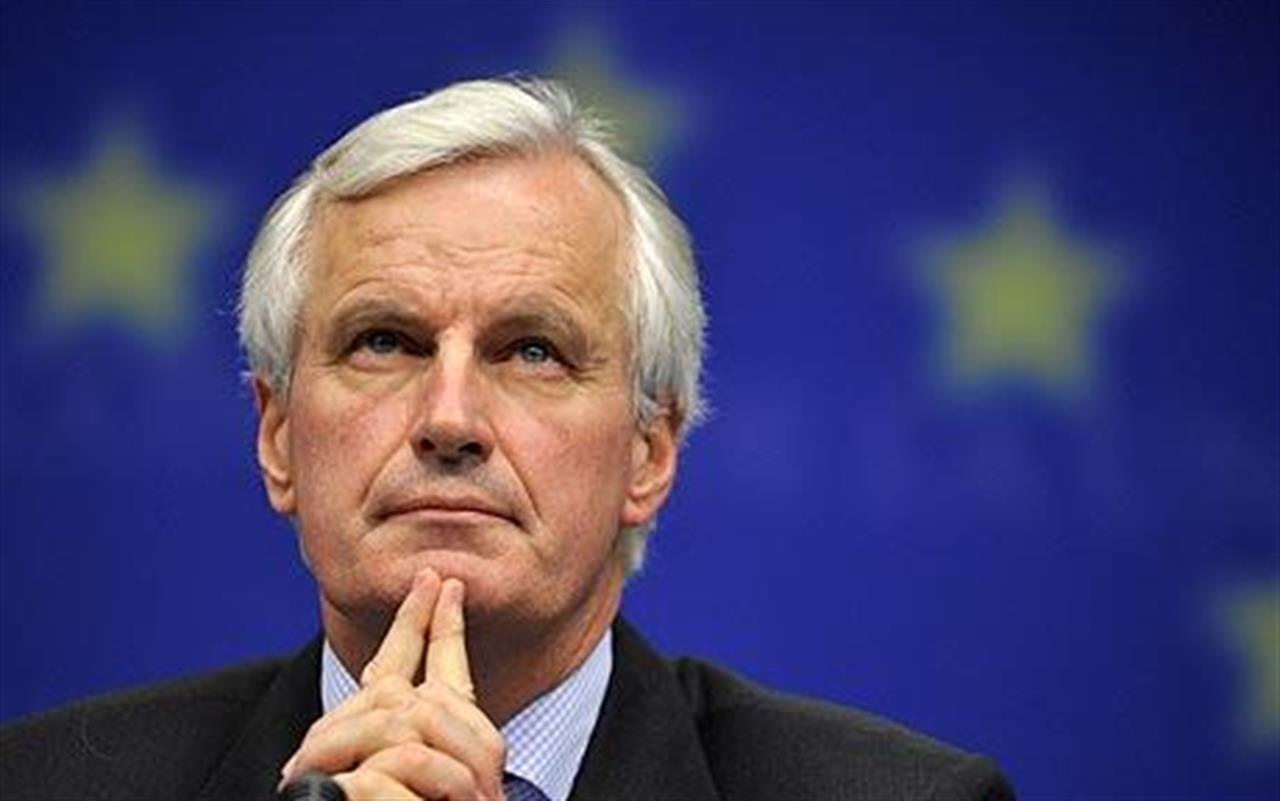
Commissioner Barnier has so far been smart and innovative in developing the social business initiative, but the most difficult part is yet to come. Will he be brave and tough? The agenda needs meat on the bones.
Since last year’s launch of the Social Business Initiative, one of the actions of the Single Market Act (the economic liberalisation within the EU), Barnier showed to pave a new path in developing this policy.
Whether he was inspired by the N0bel Prize laureate Mohammed Yunus or his fellow Frenchmen of social economy, the Commissioner opened the floor to all experts and practitioners from across Europe and beyond. This is quite unusual for Brussels, where officials develop policies and allocate funds relying on selected experts without open and transparent competition.
The Commissioner didn’t pretend to know, but on the contrary confessed not to know – he must have read about Socrates – opening formal and informal consultations to collect inputs. Despite the alleged rivalry between Paris and London, even the Britis have been widely involved. Actually I have never before witnessed such an enthusiasm for a European policy in the UK.
Barnier also diverged from the usual European path in prioritising access to funding and showing an inclusive, non-normative approach to the legal framework. He initiated the policy work on social investments to attract private capital in a social setor starved of resources because of public funding cuts.
The last coup was the announcement of the expert group that will advise the Commission for the next 4 years. Even in this case the Commissioner showed a mix of innovation and political shrewedness. He launched an open competition to select half of the members and based the selection on personal merits not representation or organisations’ track record. The ohter half has been left to Member States and other European institutions paying tribute to institutional shareholders, and avoiding unnecessary resentments.
I’m sure the Commissioner will be able to manage both halves. He also have a well trained team to help him in such task.
So far so good but this emerging industry needs more from the Commissioner. The European crisis is spreading and deepening. Social needs are skyrocketing, while funding – both private and public – is drying up. It’s a tough time for social enterprenerus and innovators – especially the start-ups.
In my view the Commissioner has 3 main challenges:
1) This must be recognised as an emerging industry with the potential to transform society and economy in Europe, enabling adaptation to 21st century challenges and helping Europeans to get out of the crisis. However, it’s a still fragile industry which needs to reinforce the identity of the community which feeds it. In order to do this the Commissioner must foster consistency within the Commission, rationalising all the policies led by different Departments (DGs) in this field, in particular with regards to social innovation and social experimentation.
2) Social business needs an enabling legal environment for practitioners to lead, and not public officials’ interference. The Commissioner must encourage the industry to develop its own stadards based on peer-review and market needs, containing public institutions’ control. The second might be the instinct of a French politician but it would not suit the main strength of social business in Europe: its diversity.
3) Finally, the industry needs cash and the Commissioner must be serious about this. Since the crisis will force Member States to review the Lisbon Treaty, why not champion one seat policy for the European Parliament. Stopping MEPs monthly visit to Strasbourg would save €700m a year that the Commission could invest in social business.
These are my recommendations for the Commissioner. Let’s see how he reacts on 5 June, the first meeting of the expert group. Stay tuned.
Vuoi accedere all'archivio di VITA?
Con un abbonamento annuale potrai sfogliare più di 50 numeri del nostro magazine, da gennaio 2020 ad oggi: ogni numero una storia sempre attuale. Oltre a tutti i contenuti extra come le newsletter tematiche, i podcast, le infografiche e gli approfondimenti.

